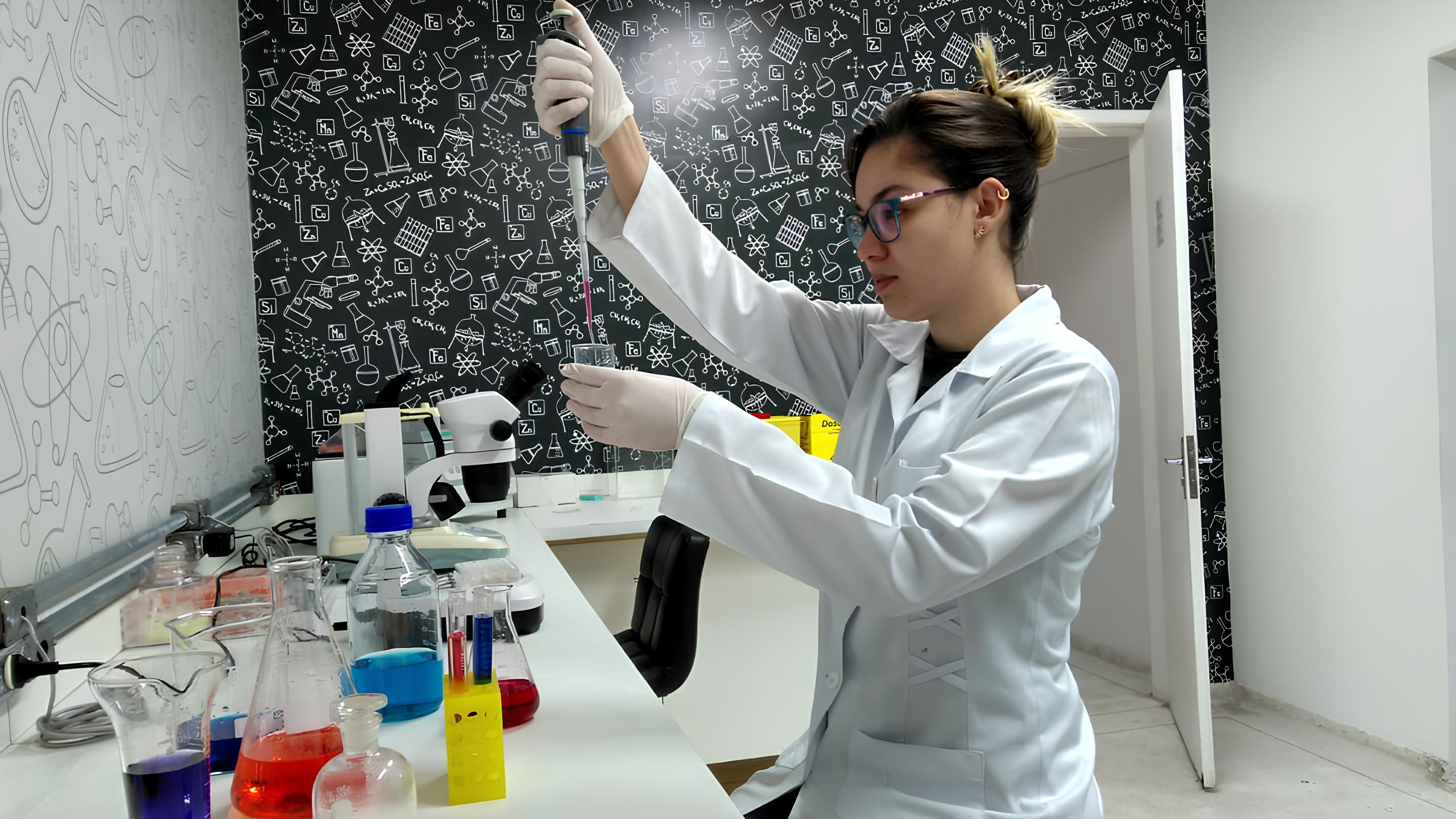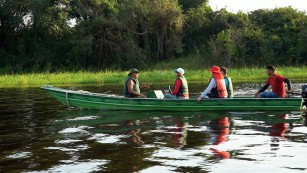

Molecule reverses cognitive deficits associated with aging and dementia in animal tests
Brazilian researchers observed increased connections between neurons in rodents after inducing an increase in the synthesis of hevin – a glycoprotein naturally produced by astrocytes.
Beef production emits more than twice the greenhouse gas targets
In an article published in Environmental Science and Pollution Research, researchers from the Federal University of São Paulo discuss the need for the production chain to adopt emission reduction practices.
Consumption of ultra-processed foods by children up to one year old favors harmful bacteria in the gut
Analysis of the gut microbiota of more than 700 babies also showed that breastfeeding was a protective factor, mitigating the problem in those who consumed industrialized products. The study underscores the importance of breastfeeding and avoiding foods high in sugar, saturated fat, salt and chemical additives.
Solution developed at the Center for Research in Mathematical Sciences Applied to Industry is based on the analysis of the timber trade network.
Oceans should play a bigger role in COP30 discussions, experts say
The topic was discussed by Kenyan marine ecologist David Obura, chairman of the Intergovernmental Platform on Biodiversity and Ecosystem Services, and Brazilian researchers during the 3rd FAPESP 2025 Conference.
Microalgae remove antibiotic residues from wastewater, reducing environmental contamination
In the laboratory, the species Monoraphidium contortum removed some of the drugs added to the liquid and produced biomass with potential commercial value.
Platform enables companies to assess employee health
Digital tool developed by researchers at the University of São Paulo measures employee health indices and guides more efficient corporate actions for well-being at work.

Low-cost formulation reduces dose and increases efficacy of drug against worms
Praziquantel, usually administered in large tablets, is the only anthelmintic available on the market. New form of presentation uses nanotechnology and facilitates use by children and pets.
Sustainable method produces high-purity material for use in green hydrogen production
In order to improve the performance of photoelectrocatalysts that act in the “separation” of H2, work carried out at a FAPESP-supported research center uses light and glycerol to eliminate unwanted compounds resulting from the reaction of these materials with organic molecules.
Civil defense units must invest in professionalization and own resources to face climate risks
Research proposes action fronts to increase the organizational capacity of these units in municipalities; expanded coordination with other areas is one of the next steps for the sector.
São Paulo startup bets on regenerative agriculture
With the support of FAPESP, Santa Food Tech has developed a model to transform urban areas into laboratories of sustainability; the initiative is already implemented in four micro-regions of the state capital and in Guarulhos.























